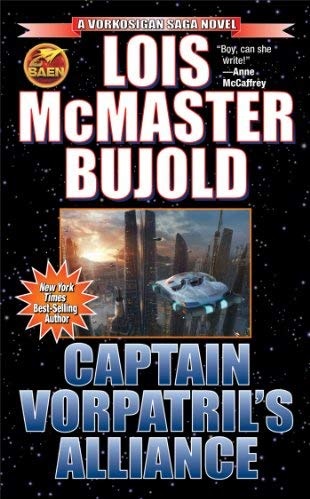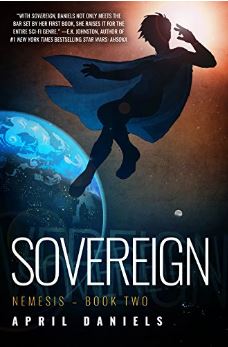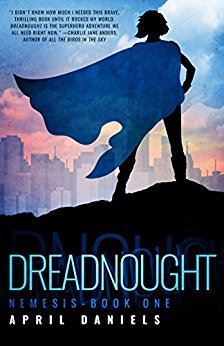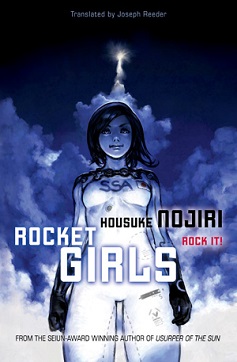
My Real Children
Jo Walton
320 pages
published in 2014
It’s 2015 and Patricia Cowan is “very confused”, according to the notes in her dossier, eighty-eight or eightynine years old and suffering from dementia. Maybe that’s why sometimes she remembers marrying Mark and giving birth to five children, with four still births in between and sometimes remembers not marrying him and raising a family with Bee, giving birth to two children with a third child not of her body. She remembers her childhood well enough, anything up to that faithful moment when Mark asked her to marry him, but afterwards her memories are doubled.
Since this is a science fiction novel, this doubling is of course not a symptom of her dementia, but instead her ability to recall the life she led in two alternate timelines, the Jonbar point being that faithful call Mark made to propose to her. What sets it apart from most other alternate history stories is that it’s neither concerned with the differences with our timeline, nor with the big political events, but rather with Patricia’s life in both histories. The resulting book reminds me of nothing so much of the sort of novel the Virago Modern Classics line specialised in reprinting: domestically orientated novels by 20th century women writers highlighting the struggles of everyday women.
After the introduction My Real Children starts with telling Patricia’s childhood and student years in Oxford, where she meets Mark. It ends when he calls her at her teaching job after he fails to get the first he needed to continue his studies and proposes to her. Patricia at this point is a naive and provincial young woman, who in the WWII Oxford kept herself to circles fitting to her background as the daughter of non-conformists, joining the Christian Union and not being much involved in the social life otherwise. Her romance and engagement with Mark are very much chaste and it’s therefore not surprising that she doesn’t realise Mark is gay, something I suspected from the start and which was confirmed after the timeline forked.
At first that forking seems relatively innocent, with only Patricia’s own situation changed, but the changes mount up over time. A bit disappointingly, the changes in the wider world were much more negative in the timeline in which Pat’s own situation was much better in comparison with Tricia’s timeline, which was much more utopian compared to Pat’s. I’d have rather seen both timelines to be the sort of muddling through timeline that we ourselves are living in, where things are a mixture of bad and good. Instead there’s one line in which the Cold War ends much earlier and much more pleasantly than in reality and one in which the Cuban Crisis goes hot and leads to a limited nuclear exchange, setting a precedent for more (limited) nuclear wars.
But this is a minor quibble. The focus after all is on Pat/Tricia, with alternating chapters telling the stories of their lives, a few years at a time, not always matching up. In both of her lives Pat/Tricia is queer and bi, though in one life she discovers this much earlier than in the other. There’s a quietly feminist tone to the book as the both of them struggle against the expectations cast on them because of their gender and later, sexuality. Because we know how Pat/Trica’s story end so to speak, reading it is a bittersweet sort of pleasure.
This is not as upbeat and triumphal as her previous novel, Among Others, but it’s the more impressive for it. Among Others was grounded in Jo Walton’s own life, a celebration of how science fiction and fandom can overturn your life for the better. My Real Children is written in a much more sober mood, more ‘realistic’ I’m almost tempted to say. Science fiction does not tend to produce many books like this, firmly fixed on the domestic, the everyday lives that go on among even in an sf setting. It’s what makes My Real Children unique.



